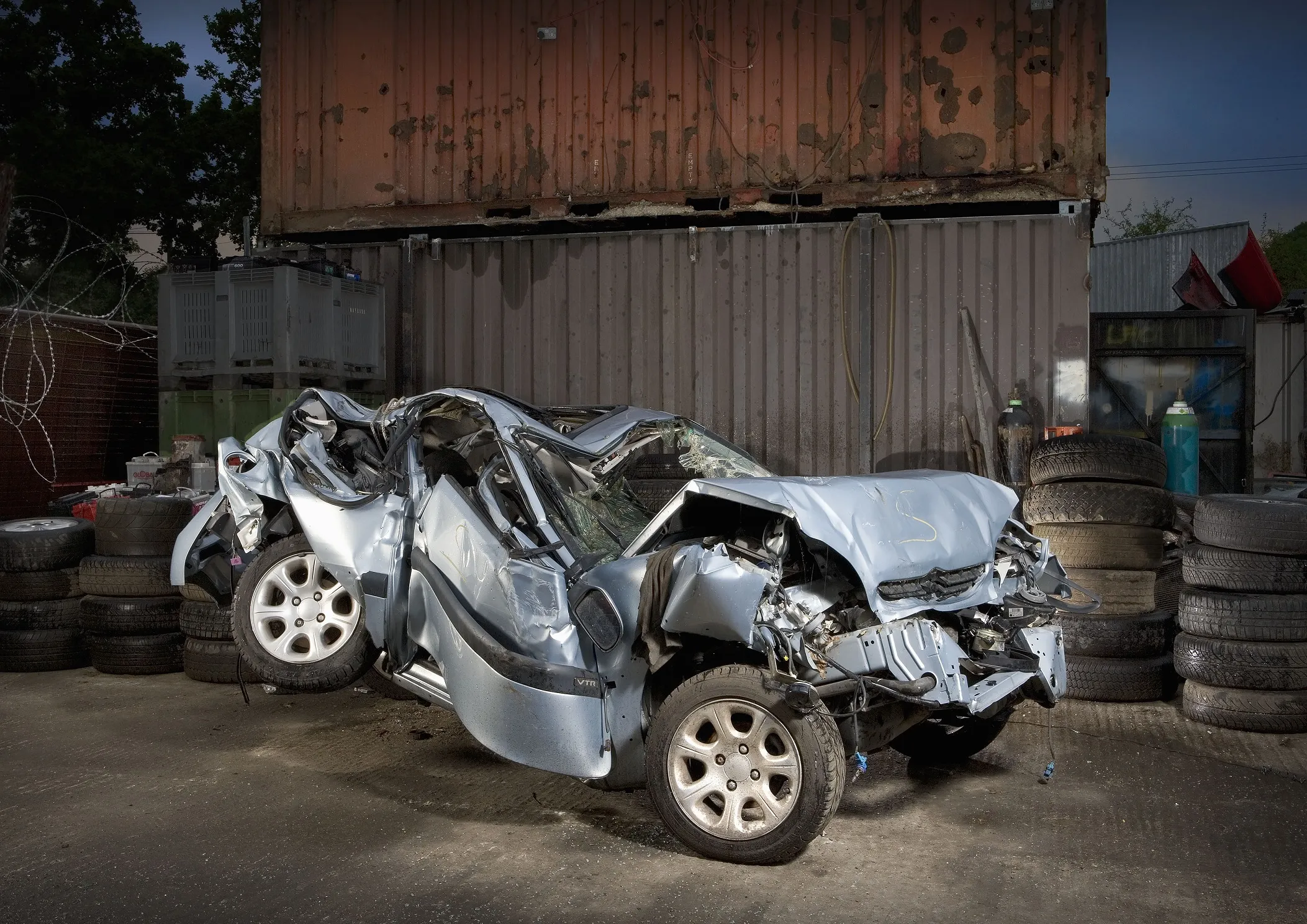Evidence provided by a telematics device has resulted in a suspended prison sentence for a motorist who ploughed into a pedestrian walking home from a Christmas celebration on 12 December last year, says anti-motor fraud unit, APU.
The driver admitted the incident, as well as perverting the course of justice after he failed to stop after the incident and later denied responsibility. Other charges included failing to report an accident.
October 21, 2015
Read time: 2 mins
Evidence provided by a telematics device has resulted in a suspended prison sentence for a motorist who ploughed into a pedestrian walking home from a Christmas celebration on 12 December last year, says anti-motor fraud unit, APU.
The driver admitted the incident, as well as perverting the course of justice after he failed to stop after the incident and later denied responsibility. Other charges included failing to report an accident.
He told police the courtesy car involved in the crash, which caused the victim serious brain injuries, had been stolen and was not being driven by him at the time, heard Basildon Crown Court. He kept up the pretence for ten months even when strong evidence suggested he was guilty.
The police turned to the investigations team at APU which was able to review the vehicle’s telematics system.
Together, APU and the police used the advanced In-Car Cleverness telematics device installed in the vehicle to trace the exact movements and speed of the BMW before and after the incident. APU says the data provided unequivocal evidence that he was the driver at the time of the accident. He finally pleaded guilty to the charges.
The driver admitted the incident, as well as perverting the course of justice after he failed to stop after the incident and later denied responsibility. Other charges included failing to report an accident.
He told police the courtesy car involved in the crash, which caused the victim serious brain injuries, had been stolen and was not being driven by him at the time, heard Basildon Crown Court. He kept up the pretence for ten months even when strong evidence suggested he was guilty.
The police turned to the investigations team at APU which was able to review the vehicle’s telematics system.
Together, APU and the police used the advanced In-Car Cleverness telematics device installed in the vehicle to trace the exact movements and speed of the BMW before and after the incident. APU says the data provided unequivocal evidence that he was the driver at the time of the accident. He finally pleaded guilty to the charges.








